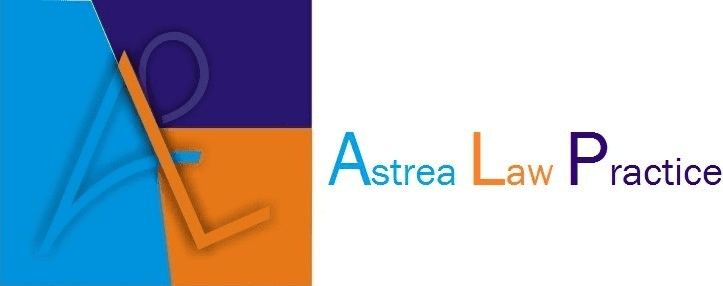Areas Of Specialism
Care Proceedings and Public Law Children Matters
Children Services (also known as social services) become involved with families where there are concerns that a child in the family has suffered or is likely to suffer significant harm if they remain in the care of the parents/carer. They may issue court proceedings for:
Care Order
An order for child to be accommodated by the Local Authority which is usually means to be removed from the family into foster care until he or she is 18 years old, is adopted, the order is discharged or another order is made.
The Local Authority to which the care order is made shares parental responsibility for the child with other people who have parental responsibility for the chid.
Supervision Order
An order for the child to remain with his/her family or somewhere else but for the Local Authority to remain involved and monitor the child's needs and progress for the period of time the order exists.
Other public law children matters we can assist you with include:
Emergency Protection Order
Public Law Outline (PLO) meetings
Section 20 accommodation
Placement Orders
Family Assistance Orders
Child Arrangements
Residence and Contact
Disputes about where a child lives and frequency and duration of contact between the child and the non-resident parent.Prohibited Steps
An application can be made to the Court asking it to make an order preventing a person with parental responsibility from carrying out a certain action in relation to a child, such as removing the child from the jurisdiction of England and Wales.
Specific Issue
An application can to the Court asking it to determine a particular issue where there is a conflict between the parents or anyone with parental responsibility for a child.
Special Guardianship
An individual or individuals who would not ordinarily have parental responsibility for a child can make an application to the Court to be made the child's special guardian. A Special Guardian acquires parental responsibility for a child which although shared with others who have parental responsibility can be exercised to their exclusion except another Special Guardian.
Parental Responsibility
An unmarried father who does not have parental responsibility or an individual who has cared for and demonstrated commitment towards the child over a sustained period can make an application to acquire parental responsibility.
Disclosure of a child’s whereabouts
A parent or an individual with parental responsibility for a child can make an application to trace the whereabouts of a child from the person with whom the child is living or who cares for the child.
Divorce/ Separation/ Dissolution
We understand that the decision to separate, end a marriage (divorce) or civil partnership (dissolution) is never easy or one to be taken lightly. We deal with each situation sensitively and assist our clients during what is a difficult time in their lives.
Financial Arrangements
Pre-nuptial and post-nuptial agreement
An agreement entered into by couples before or after getting married or entering into a civil partnership to set out the basis on which their assets will be divided should the marriage or civil partnership end.
Separation agreement
An agreement entered into by separating couples in relation to their assets pending financial settlement.
Cohabitation agreement
An agreement entered into by couples living together who want to protect their individual assets and income in the event of a separation.
Financial Relief (formerly known as Ancillary Relief)
Resolving financial issues in respect of how matrimonial assets should be divided following divorce or judicial separation.
Transfer of Tenancy
An application can be made for the tenancy of the family home to be transferred into the sole name of a partner.
Domestic Abuse
The government definition of domestic violence and abuse introduced on 31st March 2013 is any incident or pattern of incidents of controlling, coercive, threatening behaviour, violence or abuse between those aged 16 or over who are, or have been, intimate partners or family members regardless of gender or sexuality.
Victims of domestic violence or abuse can apply for:
Non-Molestation Order / Injunction:
A protective order prohibiting the perpetrator from using or continuing to use the abusive behaviour which may include harassing, intimidating, using or threatening to use violence against the victim and children if necessary. Breach of a non-molestation order is a criminal offence punishable by a fine and/or up to 5 years imprisonment.
Occupation Order
An occupation order regulates how the family home is occupied, it may direct for a partner to be allowed to re-enter and live in a property or exclude him/ her from the property or an area around it. An application for a transfer of tenancy may also be made
We also represent clients who wish to oppose/defend an application for a non-molestation order/ Injunction or an occupation order.
Public funding (legal aid) may be available to apply for or defend non-molestation order/ injunction or occupation order provided the person applying for legal aid can prove that he/she is the victim of domestic violence or abuse and is on low income.


